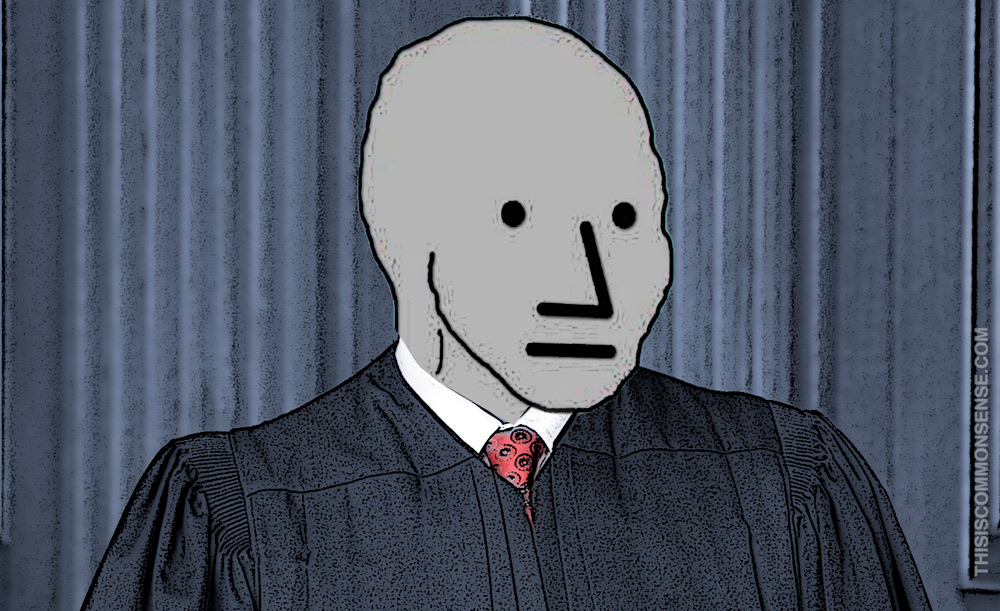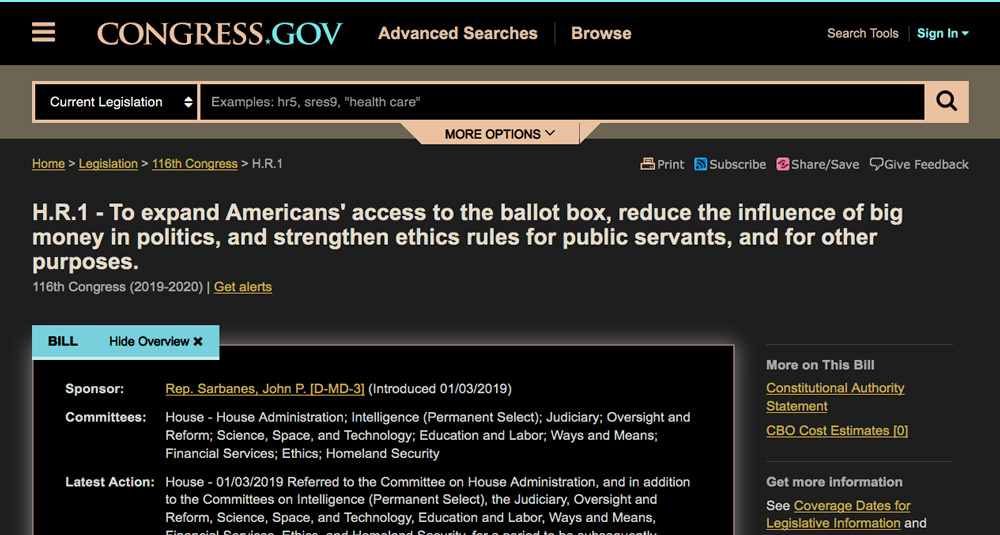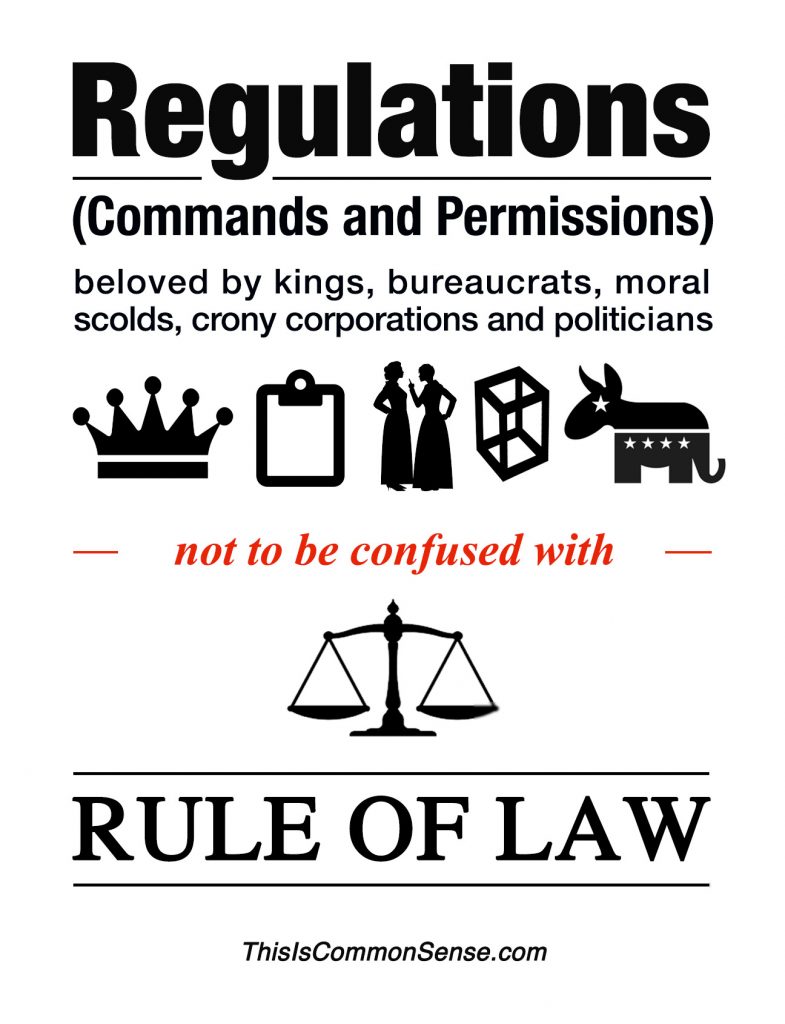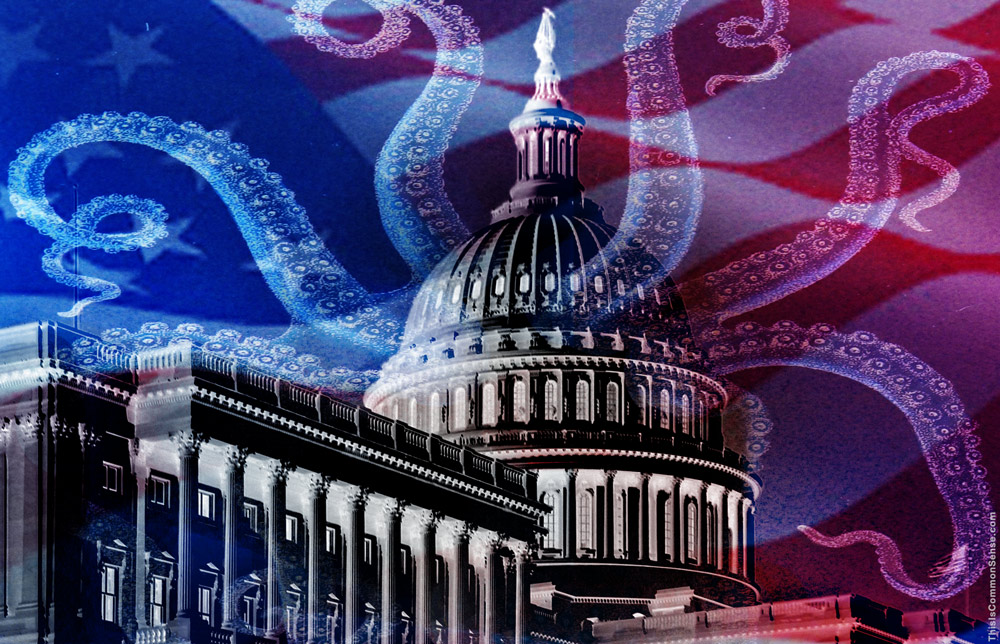“What if there were five justices selected by Democrats,” presidential candidate Beto O’Rourke explored at an Iowa campaign stop, “five justices selected by Republicans, and those ten then pick five more justices independent of those who picked the first ten?”
Beto, meet FDR.
President Franklin Delano Roosevelt tried something similar with the Judicial Procedures Reform Bill of 1937, which would have added six new justices to the nine-justice U.S. Supreme Court. It failed in the Senate, even though FDR’s Democratic Party controlled the chamber.
This “court packing” gambit may have been the most unpopular action of FDR’s whopping three-plus terms.
Despite the obvious self-interested power grab, “Sens. Kamala Harris, Elizabeth Warren and Kirsten Gillibrand … would not rule out expanding the Supreme Court if elected president,” Politico reported.
“It’s not just about expansion, it’s about depoliticizing the Supreme Court,” Sen. Warren explained … with a straight face. Yet Beto’s suggested reform would officially turn the nation’s highest court into a partisan, two-party political institution.
To the good, Democrats are also bantering about term limits for the nation’s High Court. Trouble is, term limits require a constitutional amendment, meaning a two-thirds vote of both chambers of Congress as well as 38-state ratification.
Court packing, on the other hand, only requires simple majorities of both houses and the presidency. Which Democrats threaten in 2020.
“You need to gain power,” Washington Examiner columnist Philip Wegmann reminds, “before you can abuse it.”
So the abuse, for now, is merely promising.
This is Common Sense. I’m Paul Jacob.
—
See all recent commentary
(simplified and organized)











